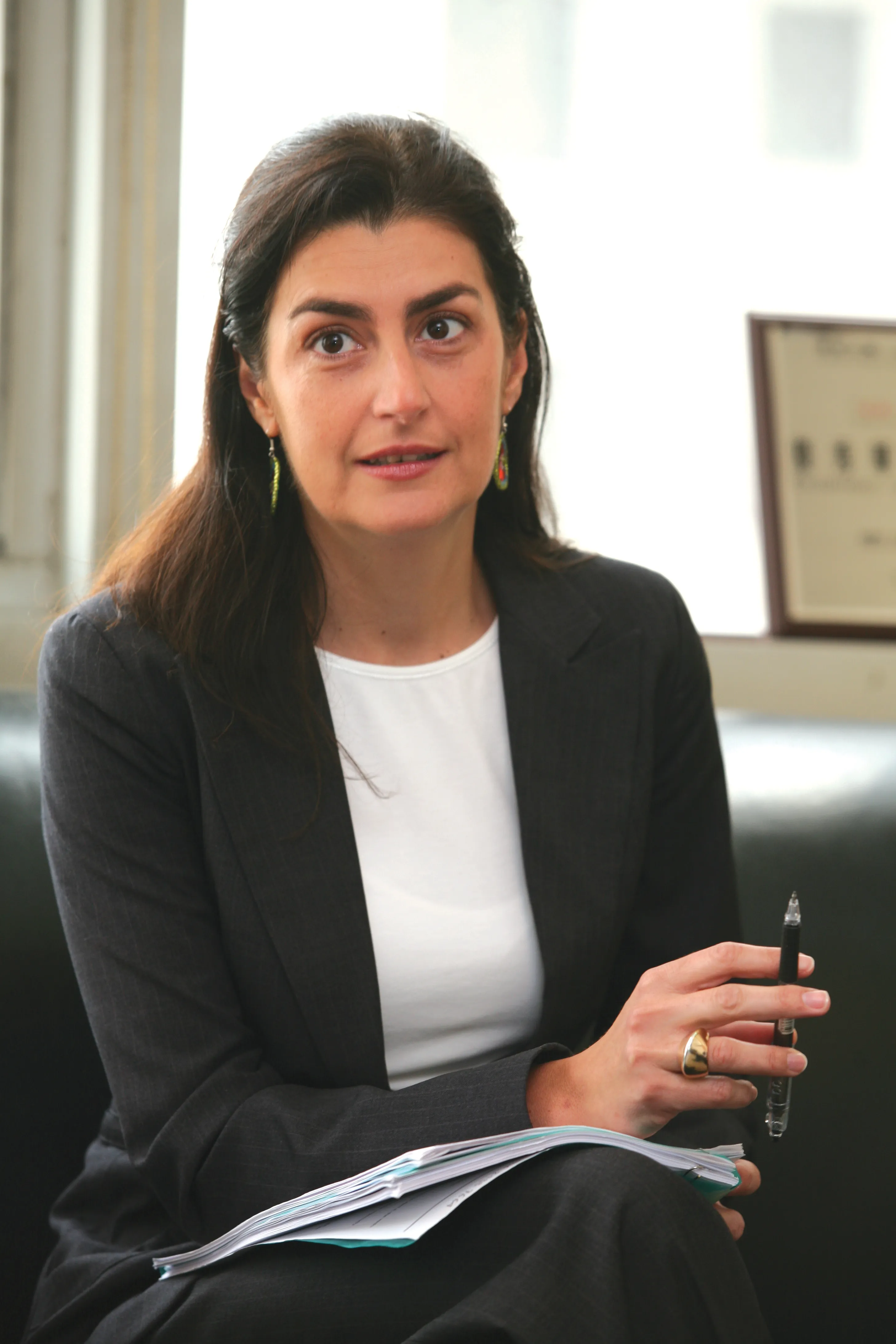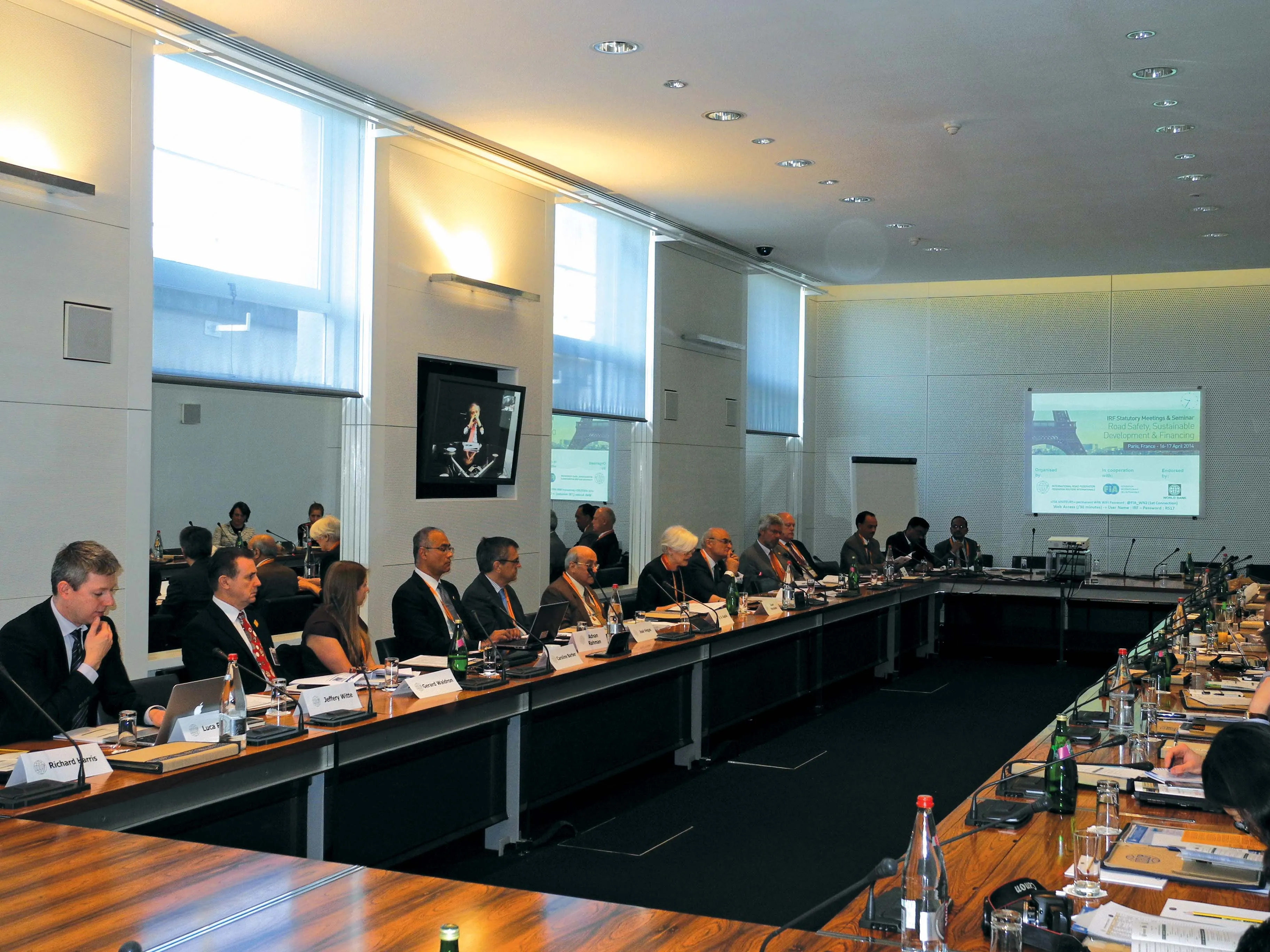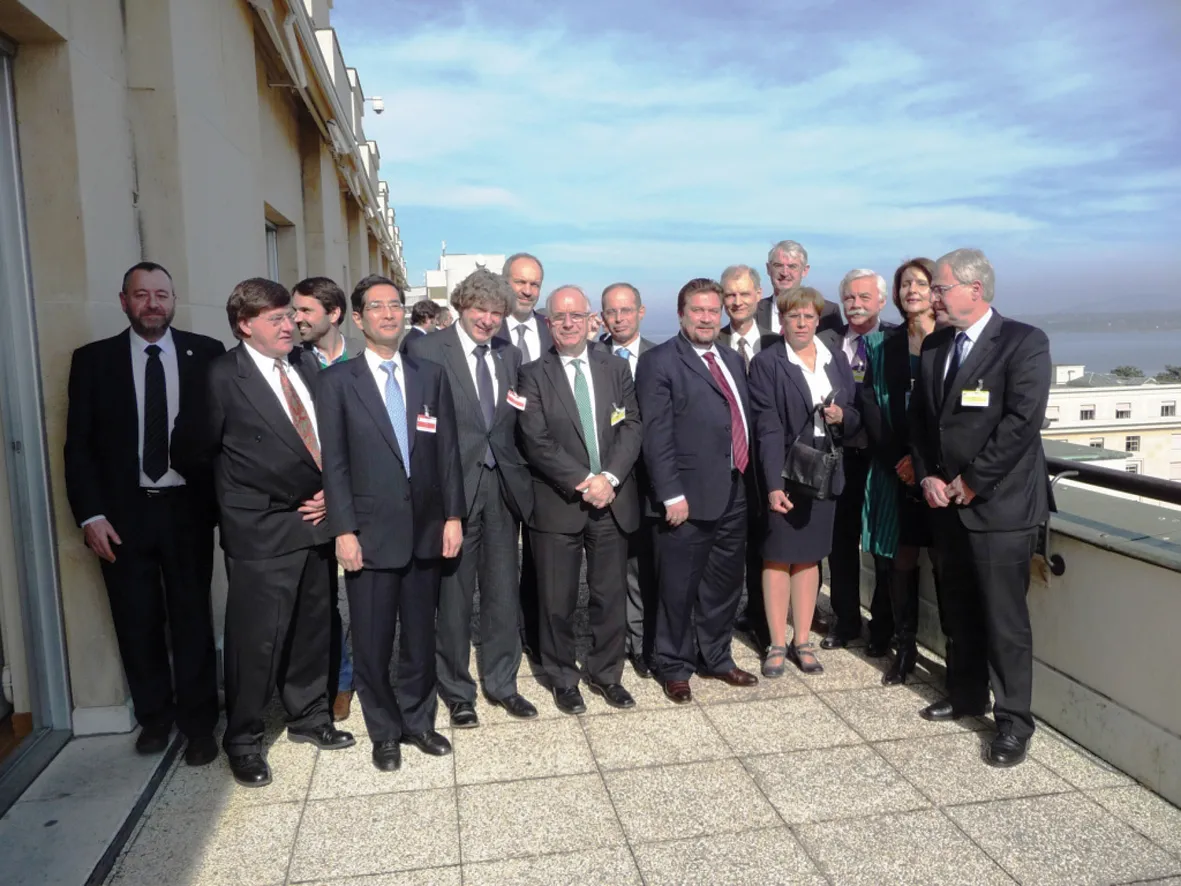*Susanna Zammataro introduces the range of issues addressed by IRF Geneva’s very active Environment Committee. Achieving sound environmental and sustainability outcomes has long been an integral part of IRF members’ policy and practice.
March 14, 2012
Read time: 3 mins

Susanna Zammataro introduces the range of issues addressed by IRF Geneva’s very active Environment Committee
Achieving sound environmental and sustainability outcomes has long been an integral part ofThrough the Policy Statement, which can be downloaded from www.irfnet.org, IRF and its members have committed to a comprehensive series of political, regulatory and fiscal recommendations. Rather than promote an ideological approach, the document highlights that IRF values viable, cost-efficient solutions with the potential to bring about tangible improvements in the environmental performance of the sector.
In keeping with IRF’s pro-active approach, two flagship initiatives are already being implemented. The first is CHANGER, a greenhouse gas calculator specifically developed for road infrastructure projects (see World Highways, Vol 19, issue 1). This groundbreaking software tool represents an important first step towards the definition of a common methodology for enabling authoritative benchmarking, against which road infrastructure projects may be assessed.
The second initiative is built around an active commitment to advocate for the wide adoption of green public procurement (GPP) criteria within the sector. Besides clearly positioning the Federation in the wider policy and regulatory arena, this involves raising awareness within the Federation and among its Members, notably through the work carried out in the IRF Environment Committee. This dual strategy represents a first attempt to reverse the top-down approach that currently tends to characterise the elaboration and adoption of GPP criteria at national or supra-national level (such as in the European Union) - and which is often one of the main barriers hindering effective implementation and scaling up. In line with this commitment, IRF is also investigating the potential for an international sustainability rating system for roadway design and construction. This concept could offer a viable and practical means to define basic roadway sustainability attributes, enhance sustainability assessment and confer due market recognition for sustainability efforts.
Such efforts are of vital significance given the prevailing perception – particularly vis-à-vis the road sector - that environmentally-friendly technologies, materials and practices are an expensive luxury that governments simply cannot afford to pay for. The mission of the IRF Environment Committee is to correct this erroneous stance.
The Committee functions as a catalyst to raise awareness, promote immediate practical action and inspire innovation throughout the sector. The Committee’s work is organised around four main focus areas: 1. Policy and regulatory measures; 2. Environment and Climate Change impacts assessments as well as mitigation and adaptation measures; 3. Technology advancements, and 4. Urban environment. Work in each of these focus areas is carried out within a dedicated sub-committee.
Susanna Zammataro is the Deputy Director General and Environmental Expert of IRF Geneva. If you would like to learn more about the work of the Environment Committee, or get involved, she may be contacted via %$Linker:









